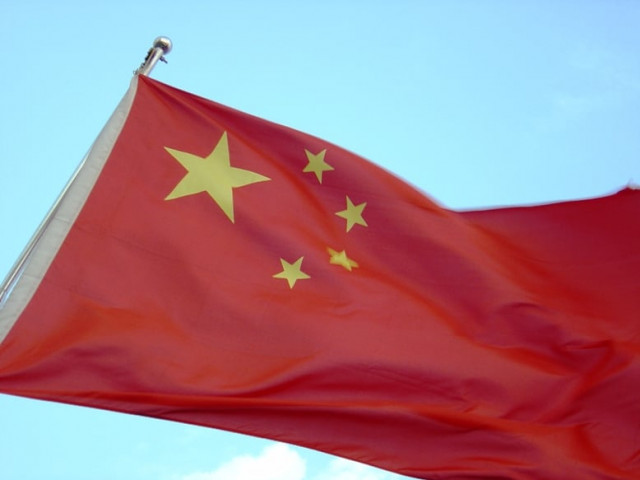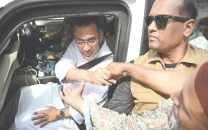China corruption czar hears calls for transparency
China's ruling elite should be forced to disclose their assets, say proposals put to new anti-corruption czar.

Pressure on the Communist Party to combat corruption has intensified after a traumatic year marked by embarrassing revelations of top-level corruption and power abuse.
Several top scholars met Friday with Wang Qishan, who was appointed head of the ruling Communist Party's top anti-corruption body this month, to put forward proposals on fighting graft, the state run Global Times reported.
Zhou Shuzhen, a professor at Beijing's People's University, called for "a system to publish details of official's assets as soon as possible", the report said, adding that Zhou recommended officials first disclose their property assets.
Others also urged greater transparency in government and an end to privileges for top officials. The report did not detail Wang's response.
The Communist Party's newly appointed leader, Xi Jinping -- set to take over as president in March -- has emphasized the need for a renewed fight against graft, saying recently that corruption "will kill the party and the country".
Former top official Bo Xilai was sacked earlier this year and faces criminal trial for accepting bribes and abuse of power, while foreign media has reported on the huge wealth amassed by the families of top Chinese officials.
China does not have any laws which clearly require government officials to make their assets or salaries public, a situation critics say is ripe for abuse.
The disclosure call came shortly before state-media said five officials in the southern province of Guangdong have been placed under investigation for "disciplinary violations", a commonly used euphemism for corruption.
The former deputy mayor of China's manufacturing hub of Shenzhen, Liang Daoxing, faces investigation for "serious disciplinary violation", the state-run China Daily reported Monday.
The paper added that Liang, who stepped down as deputy-mayor in 2009, was "the fifth high-level official caught up in anti-graft efforts in Guangdong province in just over a month".



















COMMENTS
Comments are moderated and generally will be posted if they are on-topic and not abusive.
For more information, please see our Comments FAQ